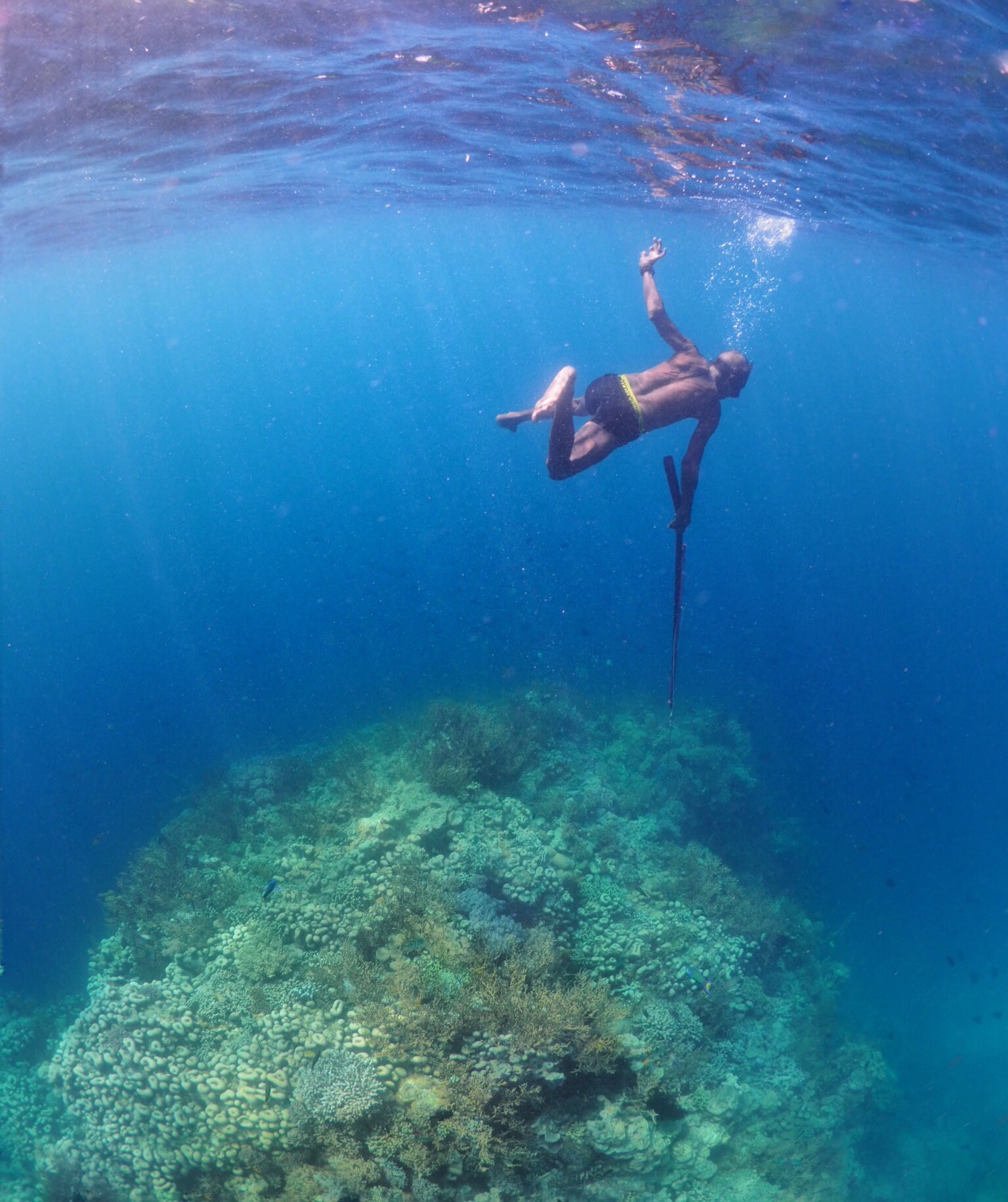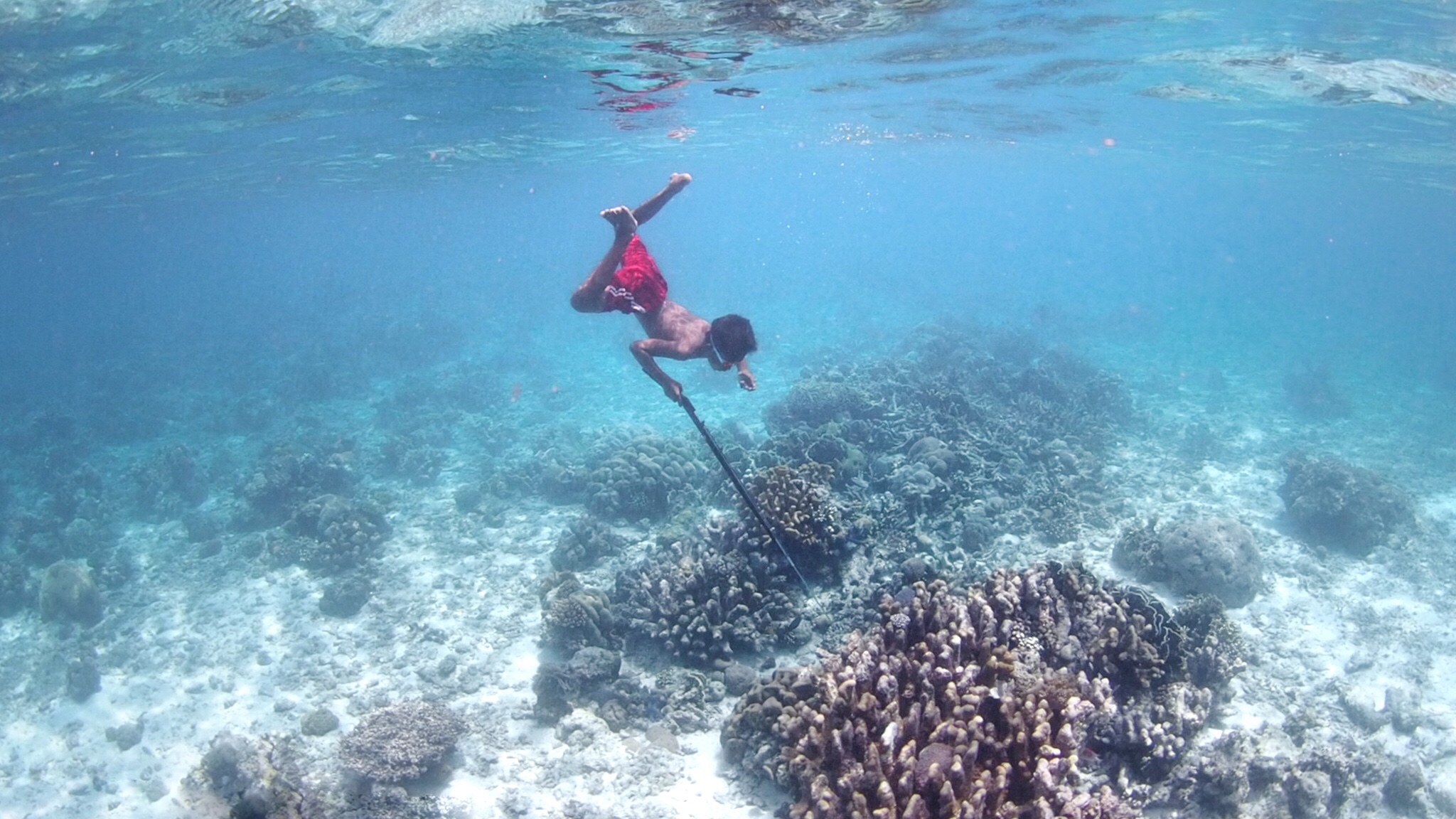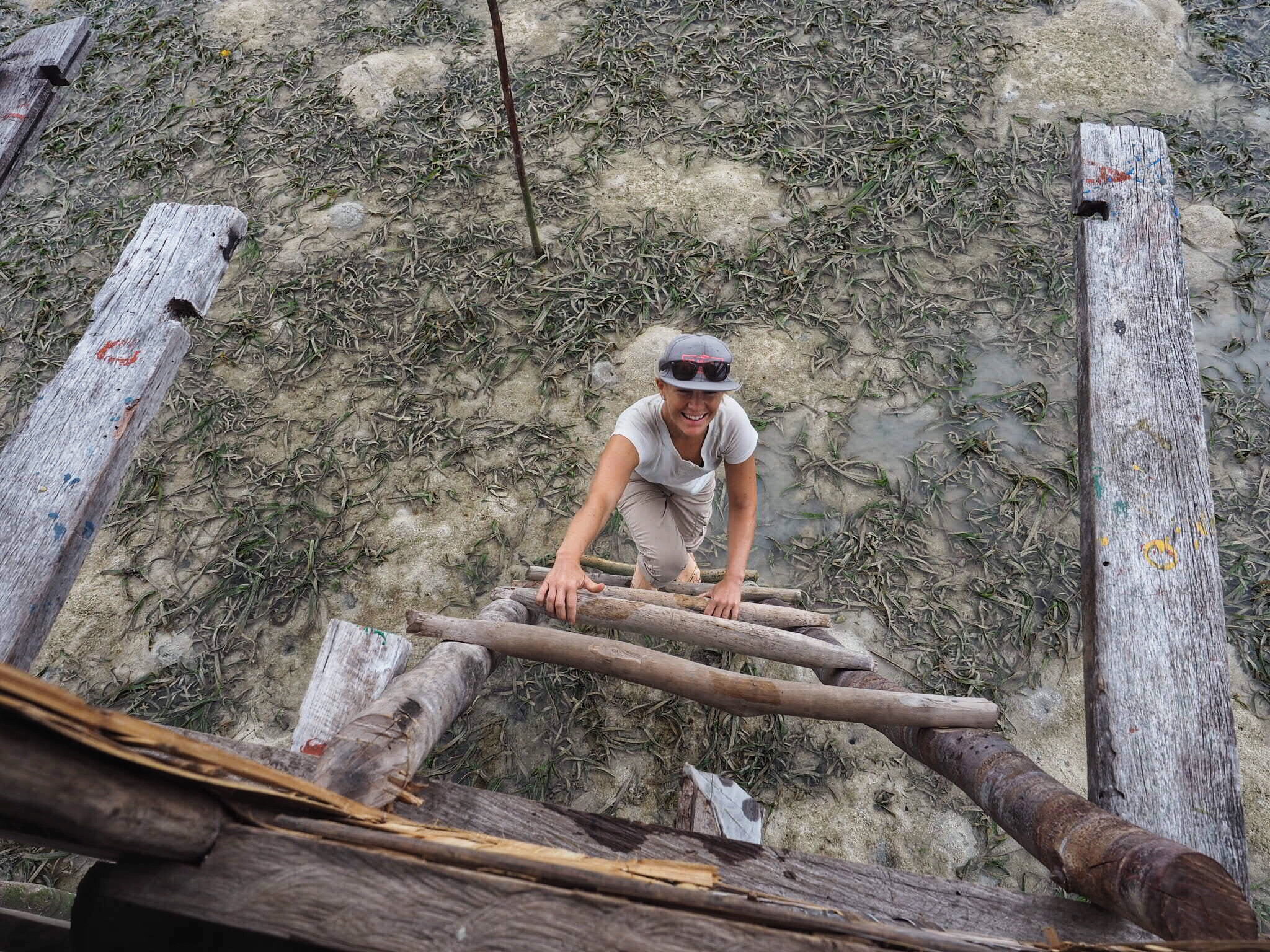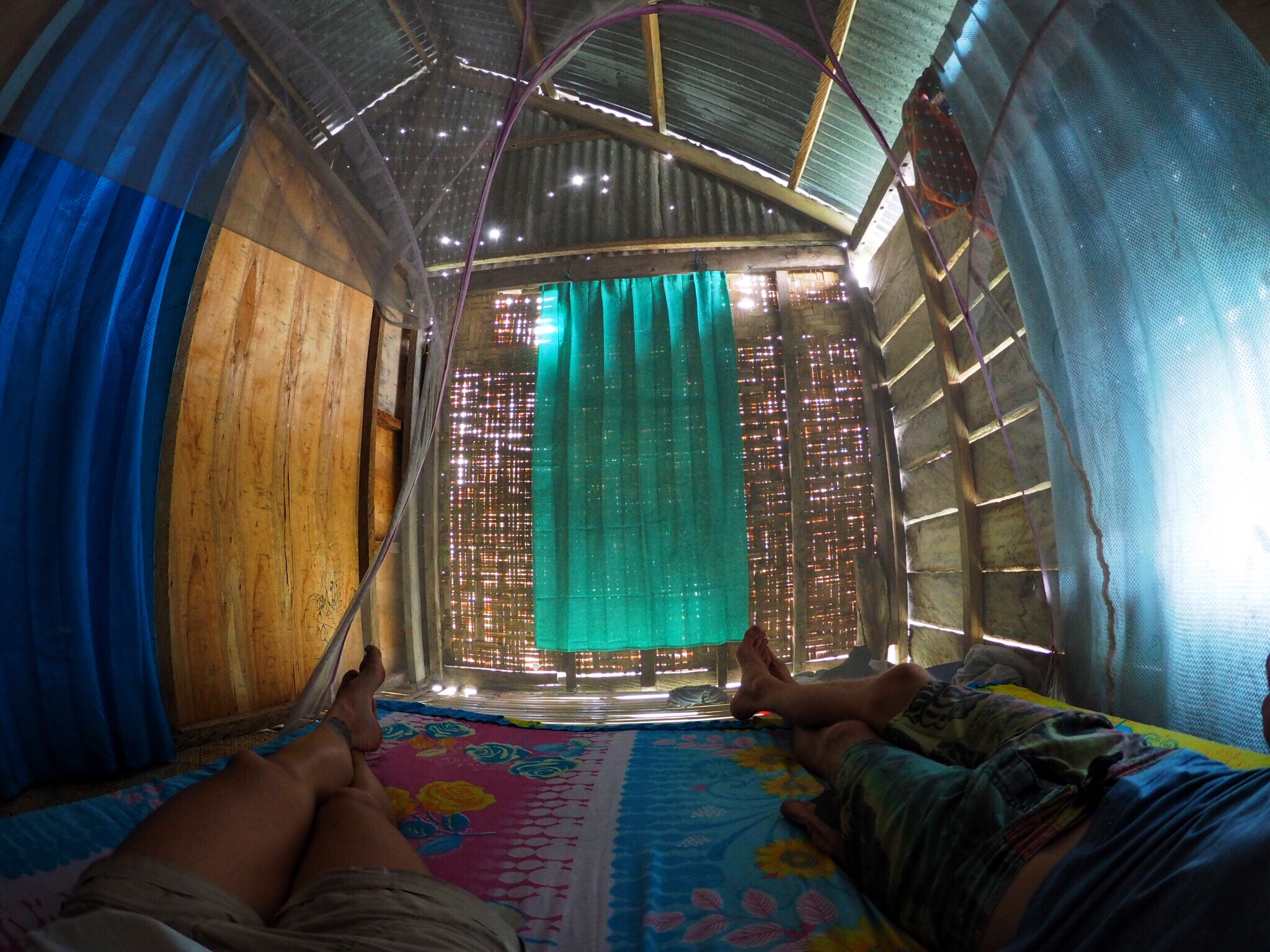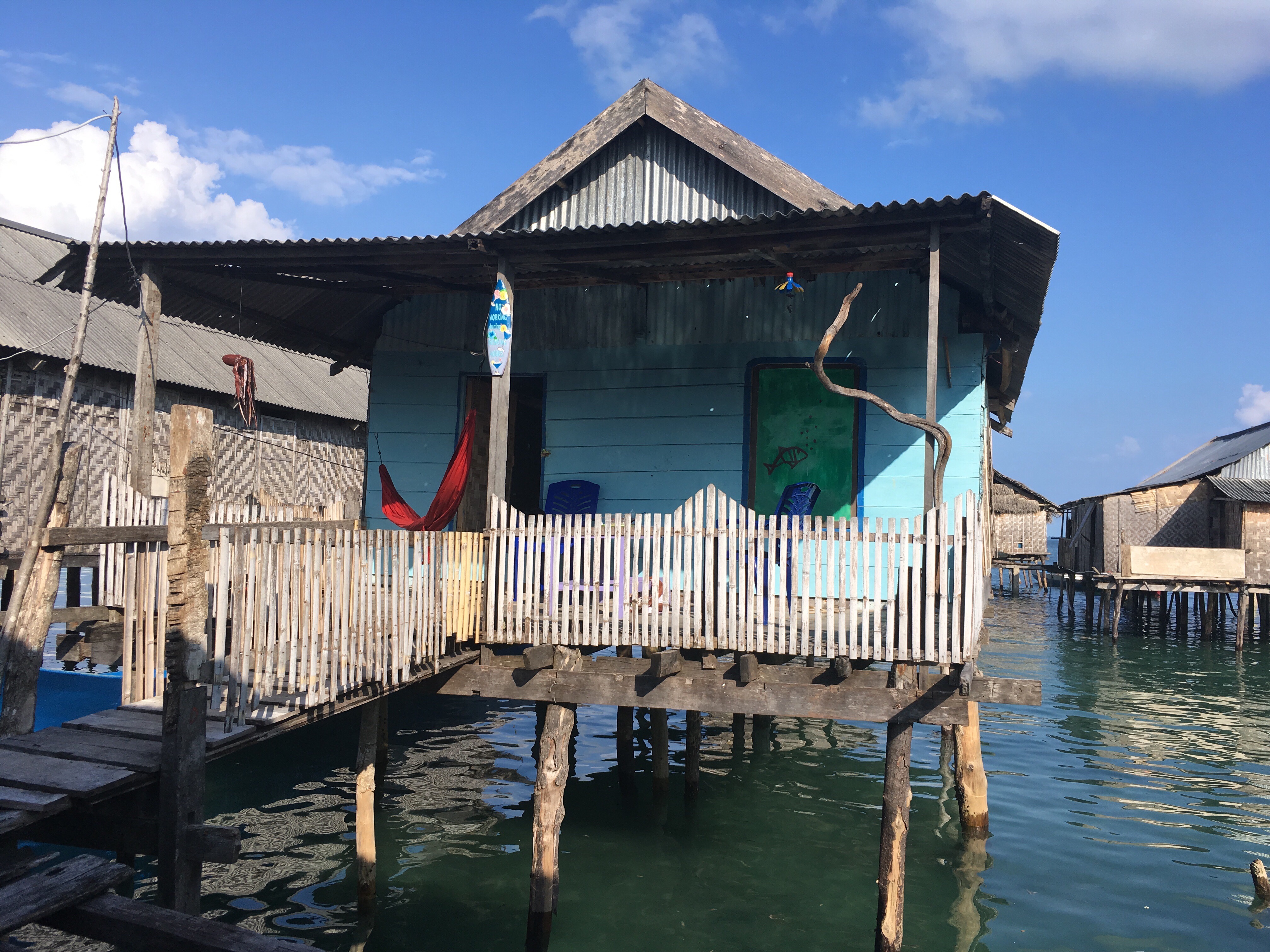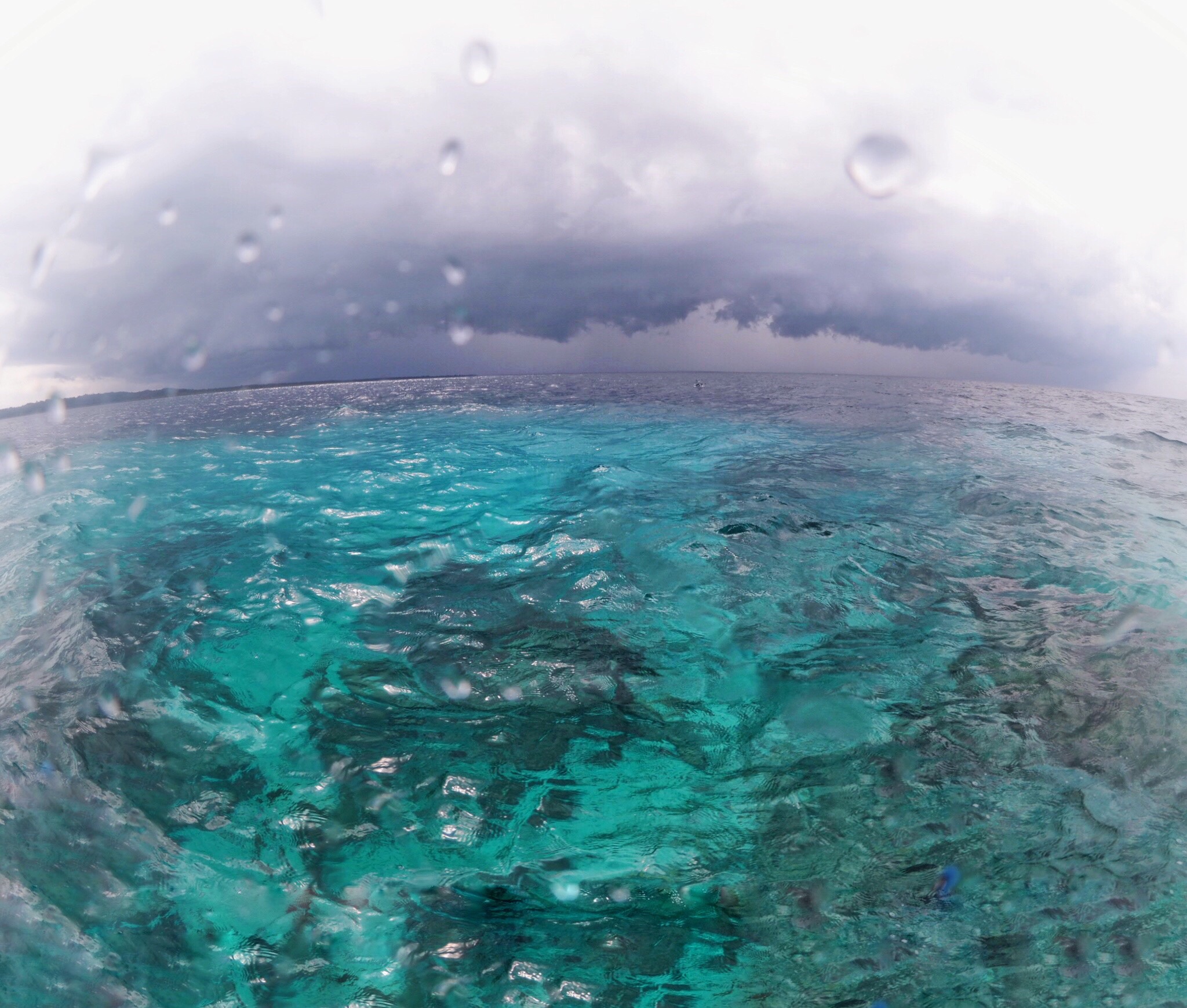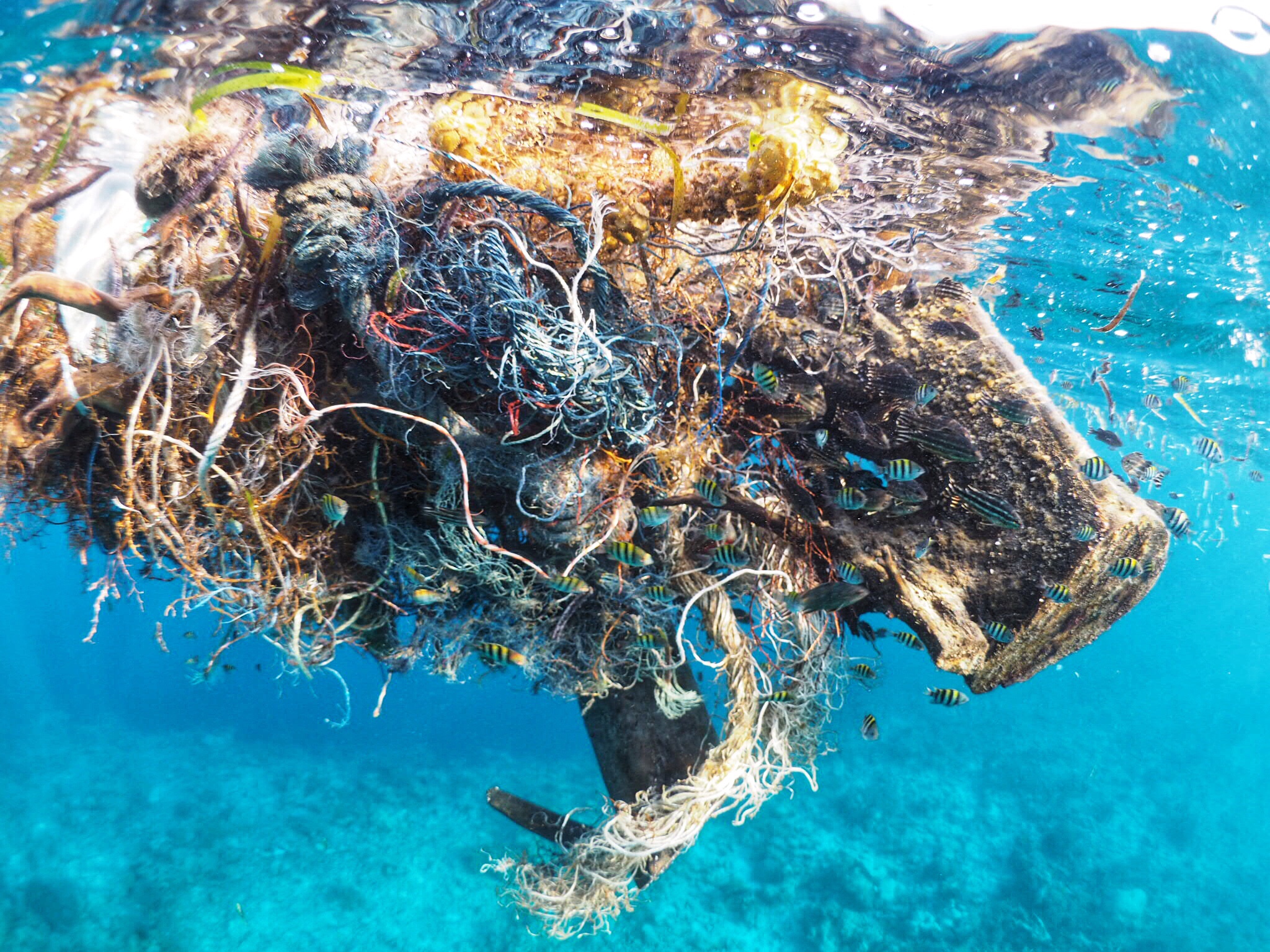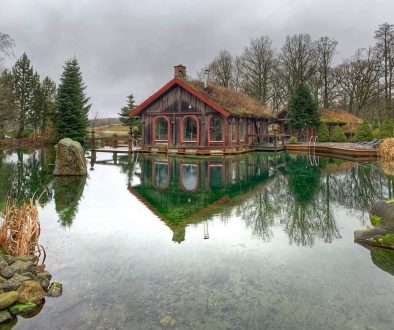Living with sea gypsies
Ever since I heard of their existence, I wanted to meet them. Ever since then I built up expectations. It was a long time ago, and many things changed in the lives of the sea gypsies, and in the world. If we´d arrived 7 years earlier there wouldn´t have been any mobile phones in the village. Maybe not even electricity for a few hours every day. I don´t remember how long they had engines for their boats instead of sails and paddles, but for sure it was different before then. Our friend-of-a-friend-host told us some amazing stories about their previous lifestyle, and we could still se the history carved into the faces of the elders in the village.
It took several days just to get a boatride away from the village. The village itself is very different. It´s built on a shallow part of the ocean and all houses are on wooden (or recently cement) stilts. Yes, the wood rot every 5-6 years and have to be replaced (!). Our new friend told us some houses fell into the ocean a few months ago during some strong winds. Theres work to be done on either houses or boats evey day. The houses are extremely basic and small. There´s nothing more than neccesary, until a few years ago when a few families bought TV´s that are only used the few hours of evening electricity. Its very noisy during those hours. Most of the houses are connected by wooden bridges and walkways that they call ´roads´. Some houses you can only get to by boat or swimming. They get their freshwater supplies by paddling over to mainland to fill plastic containers. Most of them sell fish for a living. But there´s less fish in the ocean nowadays, and even the Bajo have noticed how much more plastic there is in the water. Our host doesn´t think his son will live the same way as his grandfather at all. He hopes he will go work in a a big city. Quite the opposite to the little village life.
There´s not much to do in the village. We go freediving early mornings or late afternoons when the tide is right and when it´s not too hot. All activity is planned according to the mood of the ocean and current weather. Apart from that we go exploring with a little dugout canoe. We sit and talk and eat a little. The main activity is snorkelling/freediving and its all we hoped for. Sulawesi is part of the coral triangle that hosts about 75% of all coral in the world and over 2000 species of fish. I have freedived many places, but this was different from all others. We were quite ´unlucky´ with currents of plastic in the midst of all beauty. That is unfortunately more and more common. It´s less common seeing dead coral and fish becacuse of dynamite fishing, but sadly it still exsits.
Bajo people, or sea gyspies, aren´t really gypsies anymore. Most now live in villages on the water, but in other parts of Malaysia, Burma and Philippines Bajo live on boats still.
One of the best experiences with the Bajo was seeing them in the water and underwater. The kids learn to swim at the same time they learn to walk. They don´t need a swimming teacher, they´ll just learn by themselves and from other kids. I´ve never seen kids and their parent be so natural and unworried around water. There were no female divers or fisher-women, but everyone helps in gathering sea cucumbers for snacks when it´s low tide. We went out with our host and his father on their daily hunt for lunch and dinner. Some days they focused on finding octopus, other days just spearfishing with their handmade spears and googles. They see very well underwater even without goggles but says the eyes hurt after a while. Some of then say they intentionally rupture eardrums as to not have to deal with equalisation. Their technique underwater was amazing to watch. Soundless and effortless. I´m not a judgemental vegetarian, but I must admit it was hard for me to see fish getting caught and suffer, then handled as vegetables.
I left with mixed feelings. It was amazing to see how the sea gypsies lived and their hospitality. I love to see people living so happily with so little of our western comforts, close to nature. At the same time it was sad to see how the new want of money and how the ocean´s decreasing state is already affecting such a small community far away. I´m kind of hoping the western world will realise the beauty and good that comes from living more simply and taking better care of nature this time round.


